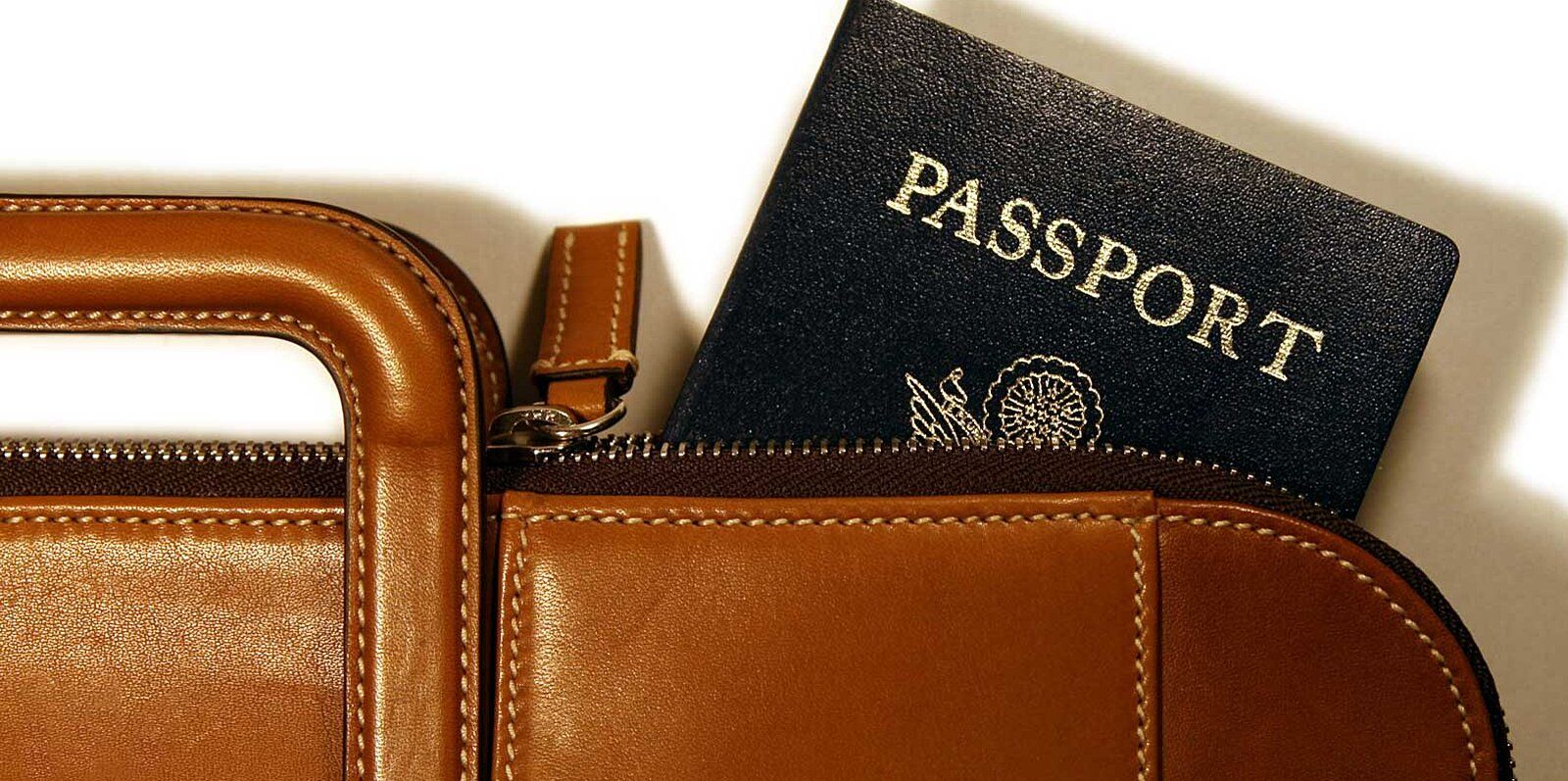
Travelers are consistently reminded of the critical importance of keeping their passports on their person or securely stored in a personal item, rather than stowing them away in carry-on luggage. This precaution is essential not just for convenience, but to avoid a range of potential travel disruptions that could derail your trip.
In 2024, the U.S. State Department issued an unprecedented number of passports, marking the third consecutive year of record-breaking figures. While the modern passport became widely utilized after World War I, the concept itself dates back to 450 B.C.E., when such documents were used to facilitate safe passage across borders.

Today, a passport is indispensable for international air travel, and even domestic flights may require one if your driver's license isn't compliant with Real ID standards. This underscores the necessity of ensuring your passport is never placed in your carry-on.
Among the most dreaded experiences for frequent flyers is being forced to gate-check their bags. This occurs when passengers must check their carry-on luggage—often a wheeled suitcase—just before boarding the aircraft. As more travelers opt for carry-ons to avoid baggage fees, airlines are increasingly adapting their policies, potentially aligning with stricter international regulations regarding carry-on sizes.
If your passport is packed away in your carry-on and you're compelled to check it at the gate—forgetting to retrieve it—you could find yourself in a troubling predicament.
Without your passport, especially when traveling internationally, you may face severe consequences. Immigration, or passport control, usually occurs before you can access your checked luggage, and lacking your passport could result in being denied entry, facing fines, or even being detained. Furthermore, if you're connecting to a domestic flight, the absence of your passport could lead to missed connections.
For instance, if you're traveling from New York to Naples with a layover in Rome, not having your passport handy upon arrival in Rome could jeopardize your onward journey, potentially leaving you stranded.

Even if your carry-on isn't gate-checked, it's still an insecure spot for your passport. In-flight theft, though often underreported, is a significant concern. Statistics indicate that incidents of theft can occur, particularly in crowded cabins where belongings are difficult to monitor. Often, overhead bins may not be directly above your seat, forcing you to store your bag several rows away, making it harder to keep an eye on your belongings.
Additionally, the phenomenon of "vacation brain" can lead to forgetting items, especially when you’re preoccupied with the excitement of travel. Retrieving forgotten belongings can also be difficult if the aircraft is scheduled to depart again soon, as crew members may be focused on preparing for the next flight.
A notable incident in 2018 involving a young couple from the U.K. traveling to Greece illustrates the risks of misplaced passports. After accidentally leaving their passports on the plane, they faced immediate consequences, being sent back to the U.K. on the next available flight. Their passports were never recovered—an outcome that could befall anyone who places their passport in a checked bag.
The process of replacing a passport can be not only expensive but also time-consuming, requiring various forms of identification and documentation to be gathered.
To avoid such pitfalls, savvy travelers keep their passports on them at all times. This doesn’t mean resorting to outdated money belts; modern, stylish options such as belt bags, crossbody purses, and travel clothing with deep pockets are widely available.
If you choose to use a pocket for your passport, make sure it is zippered and easily accessible, as you'll need it during security checks, boarding, and immigration processes. Additionally, consider using a travel wallet that can hold your passport, tickets, and other important documents together, making it easier to manage during your journey.
Beyond just safeguarding your passport, being organized and prepared can enhance your travel experience. Familiarize yourself with the customs and immigration procedures of your destination to avoid surprises. Always have digital and physical copies of your important documents stored securely, whether on your phone or in a separate location from the originals.
By taking these precautions, you not only protect your passport but also ensure a smoother, more enjoyable travel experience. Ultimately, your passport should remain in your personal item, which should always be within reach throughout your journey, allowing you to travel with confidence and peace of mind.



















.jpg)

















.jpg)



.jpg)
.jpg)




.jpg)
















